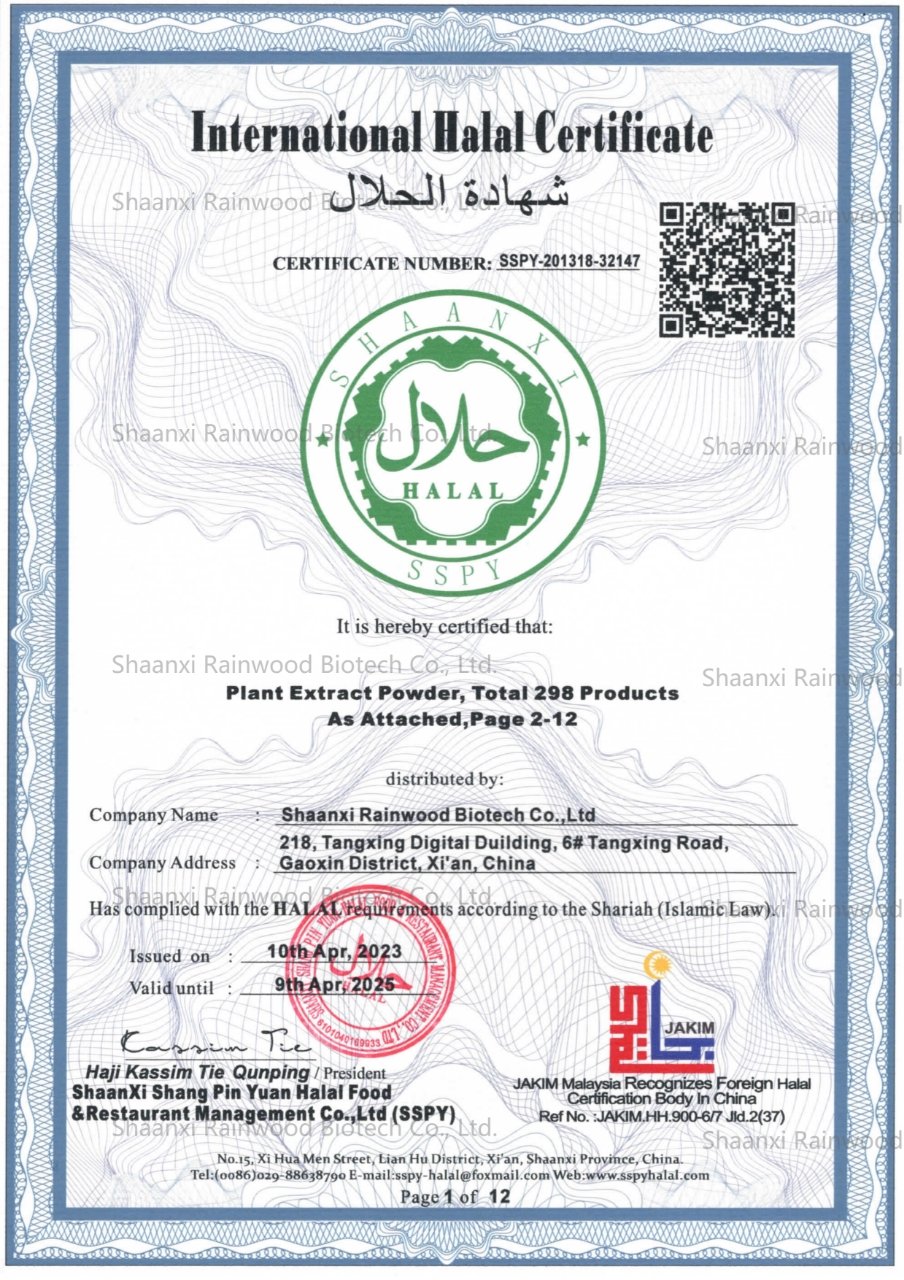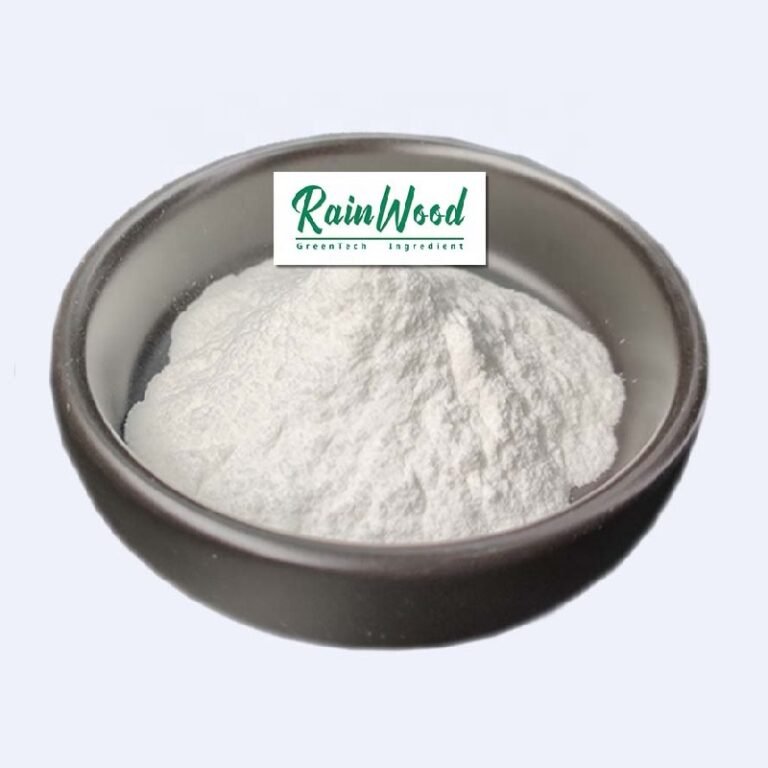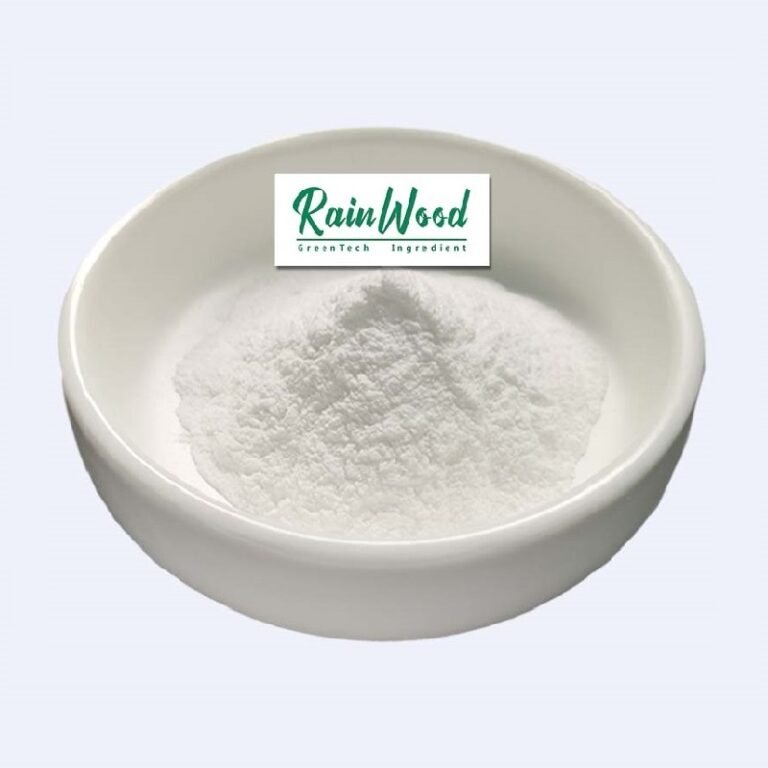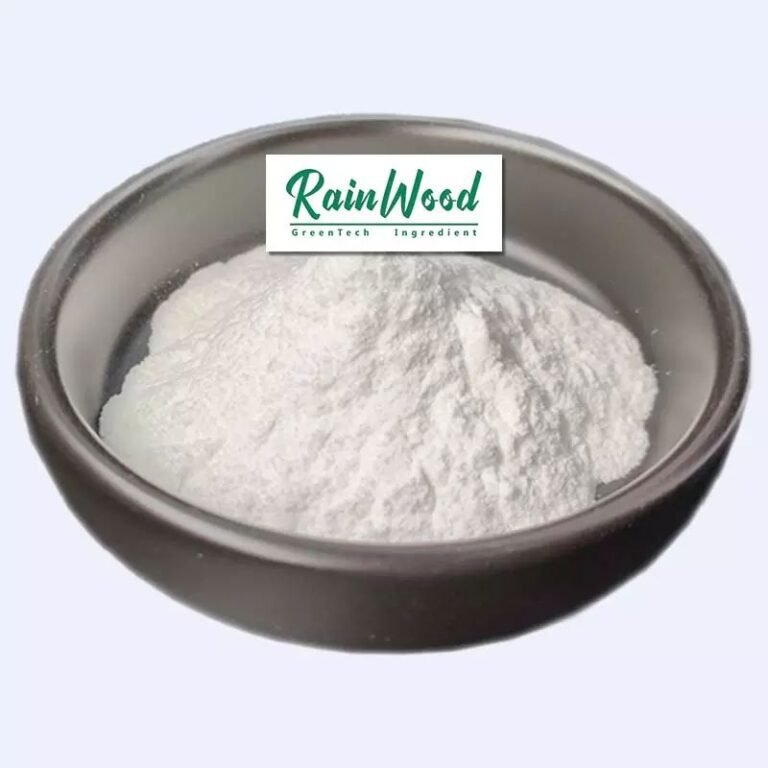L-Cysteine is a non-essential amino acid synthesized from cysteine and glycine through a reaction catalyzed by cystine synthase. It has important physiological functions in living organisms.
Cystine plays an important role in protein structure. It contains sulfur atoms, which can form disulfide bonds and participate in protein stability and folding. In addition, cystine is also a component of glutathione, an important antioxidant that can scavenge free radicals and protect cells from oxidative damage.
Cystine is also involved in some important metabolic processes in the body. It is an intermediate product of methionine metabolism and can be converted into alanine (Homocysteine) and then further converted into cysteine. These metabolites participate in important biochemical processes such as methylation reactions and sulfur metabolism in the body.
In addition, cystine also has a detoxifying effect and can combine with some toxic substances to reduce their damage to the body.
In short, cystine has a variety of important physiological functions in organisms, including protein structure stabilization, antioxidant, metabolic regulation, and detoxification.

























